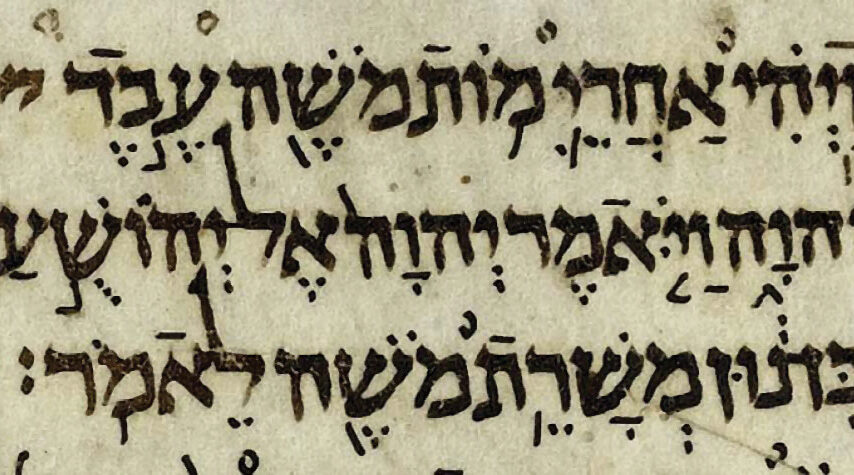Hebrew, an ancient Semitic language closely related to Arabic, has been around since at least the 13th century B.C., and it’s still one of the official languages of Israel today. Some people believe Hebrew was created by Moses, who brought the Ten Commandments down from Mount Sinai in the 13th century B.C., but scholars now think it arose in Canaan, which would have its origins around 2000 B.C.As a matter of fact,Hebrew learning language has evolved with time. Below is a brief summary of its history.
How Ancient Is the Hebrew Language?
For the last 3,000 years, the people of ancient Israel spoke Hebrew. However, the name Hebrew didn’t come from that language. Scholars believe that this term is a reference to the ancient nation of Israel.
It’s also possible that it comes from the word ” crossing over ” about their journey out of slavery in Egypt. It might have referred to an early dialect spoken by nomadic shepherds. Or maybe it was because they crossed into Canaan when entering the Promised Land after Moses led them out of Egypt. Regardless, scholars agree on one thing: The Hebrew language has existed for a long time.
How Did the Hebrew Language Evolve?
One of the most intriguing aspects of the Hebrew language is its evolution from ancient Semitic to biblical Hebrew and modern Hebrew. Below is a summary of the development of this language.
Ancient Semitic language
The ancient Semitic language, called Canaanite, has evolved over thousands of years. In particular, scholars believe that there are two stages at which the development of Modern Hebrew can be seen. The first stage can be seen between 600 BCE to 500 CE, while the second stage can be seen from 1500 CE to 1900 C.E.
During the first stage, following the fall of Jerusalem in 587 BCE and the Babylonian exile in 586 BCE, Aramaic became a significant influence on Hebrew. After this, time ended with their return to Jerusalem in 538 BCE and the rebuilding of their temple around 520 BCE.
Biblical Hebrew
During this time frame, words were primarily spelled without vowels or accent marks due to a lack of standardization until they were reintroduced by Christian scribes who copied them into manuscripts after 1000 CE. Also, writers began using more letters to differentiate words instead of only consonants.
At the same time, however, other languages influenced how Hebrew was used. For instance, Greek became popular among Jewish merchants during the Byzantine empire and spread through trade routes all over Europe where it had never been before.
How Did Biblical Sound Changes Shape Modern-day Israeli Hebrew?
Modern-day Israeli Hebrew is a language influenced by many historical factors, including Biblical sound changes. The majority speaks of people in Israel. The majority of people who speak it are Jews.
When they say it, they use the Sephardic pronunciation, which was introduced to the region during the expulsion from Spain in 1492 C.E. A lot of words were derived from Arabic due to interactions with Arabic speakers for centuries, which led to an adoption of certain Arabic words.
Israeli Hebrew speakers tend to be monolingual or bilingual. Some occasional speakers know English or other languages because they have traveled outside Israel or studied abroad.
Modern-day Israeli Hebrew is closely related to modern Standard Israeli Hebrew.












